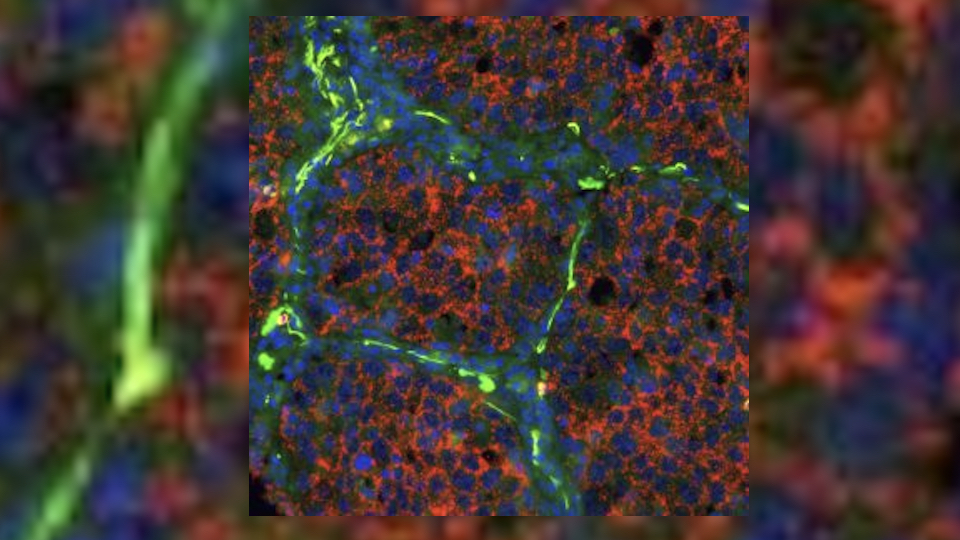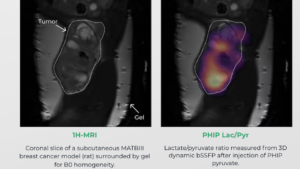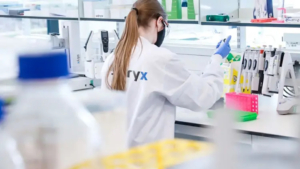
Spatial Biology Company Navinci (Olink) closes EUR9m Series A
Navinci Diagnostics AB, a Swedish life science company formerly known as Olink developing innovative tools for spatial proteomics research, announces the closing of SEK 90 million financing. The round was led by Segulah Medical Acceleration, a Scandinavia-based life science-focused investment company, together with existing shareholders, including Landegren Gene Technology AB, Nexttobe AB, and Beijer Ventures AB.
Navinci advances spatial proteomics by launching high-performance assay kits, based on proprietary in situ Proximity Ligation Assay technology for the analysis of proteins, as well as their interactions and modifications. The technology offer a deeper understanding of proteins and their activity states in normal and diseased cells and tissues, in both academic and industrial research. Navinci’s technology is providing its toolspecifically for detecting immune checkpoints, improving patient stratification and monitoring treatment effects in pharmaceutical research.
Spatial Biology is an area of dynamic development (see Issue 2-2022 for insight), and while big laboratory players are watching the game, leaders in single cell analytics like 10x, Acoya, Fluidgm and others are stepping in. Innovation is also driven by new startups all over Europe. Navinci/Olink is adressing and combining two hot sectors: immunoncology and spatial biology.
Navinci will soon launch the first commercially available assay to accurately detect interaction between the programmed cell death protein 1 (PD1) and PD1-ligand (PD-L1) checkpoint in tissue samples. This is the first step in building a complete portfolio of assays for immuno-oncology research and drug development. Immune checkpoint inhibitors have provided a substantial breakthrough in cancer immunotherapy, and there are more than 3000 anti-PD1/PD-L1 therapies currently in clinical trials. The main technology currently used to determine whether a patient is likely to benefit from PD1/PD-L1 immunotherapy is PD-L1 immunohistochemistry. However, this test fails to reveal PD1/PD-L1 interactions and has been shown to correlate poorly with patient response to treatment.
Navinci’s technology has the potential to improve clinical trial outcomes and achieve more effective treatments. Navinci also offers flexible solutions (NaveniTMFlex) which allow scientists to study any protein or protein interaction in tissue or cell samples, with greater accuracy than conventional immunofluorescence or immunohistochemistry.
With the recent financing, Navinci will accelerate international commercialization and partner with pharma companies, as well as companies with complementary technologies, to offer complete solutions for its customers. Navinci strives to build the largest and most useful portfolio of assays to study protein interplay in immuno-oncology, while also expanding into other research areas.
I am incredibly excited about what we have accomplished so far, the journey Navinci is now on, and the path we have set for ourselves. I’m proud of the confidence in our technology and in our team that is shown by existing and new owners. With the inclusion of SMA among Navinci’s shareholders, we gain financial resources to realize our ambitious vision of becoming a leader in spatial proteomics. Equally important, we join forces with one of the most vital investors in Scandinavia and gain access to their excellent life science network in Europe and the USA", said Robert Gunnarsson, CEO of Navinci Diagnostics AB.
Navinci/Olink Bioscience has launched several daughter companies such as Olink Proteomics (noted on Nasdaq, New York), which develops high-throughput protein immunoassays, Q-linea (noted on Nasdaq), which focuses on counteracting antibiotic resistance in sepsis, and Halogenomics (acquired by Agilent), which focuses on target selection for next generation sequencing.
©EuropeanBiotechNews/gkä


 Courtesy Luca Nagel, Department of Nuclear Medicine, Klinikum rechts der Isar, School of Medicine, Technical University of Munich, Munich, Germany
Courtesy Luca Nagel, Department of Nuclear Medicine, Klinikum rechts der Isar, School of Medicine, Technical University of Munich, Munich, Germany Sitryx Therapeutics
Sitryx Therapeutics